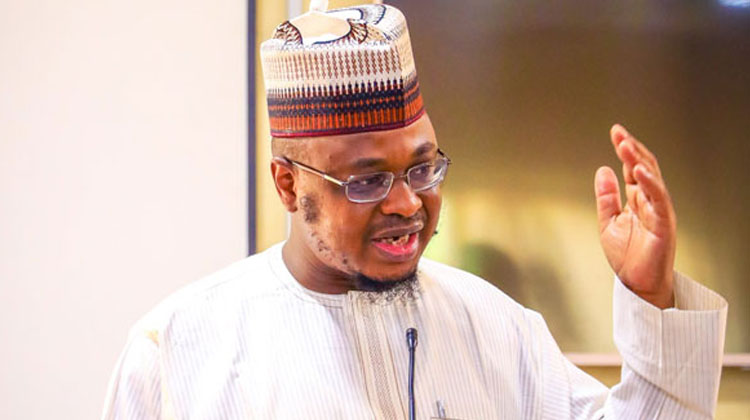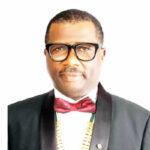
Despite its sustained contribution to Gross Domestic Product, the budgetary allocation to the communications and digital economy declined by 70.93 per cent year-on-year in the recently released 2023 appropriation bill.
According to the bill presented by the President, Major General Muhammadu Buhari(retd.), to the National Assembly, the Federal Ministry of Communications and Digital Economy plans to spend N46.48bn in 2023, a 70.93 per cent decline from the N159.87bn it was allocated in 2022.
A breakdown of the budget disclosed that the ministry intends to spend N31.23bn on personnel cost, N910.04m on overhead, and N14.34bn on capital projects within the year. Of the capital budget, the government intends to spend N500m on the establishment of an ICT park, N105.05m on satellite broadband and rural connectivity, N500.40m on acquiring a second satellite, and N9.9bn on the Nigerian identification for development project among others.
The sector has one the lowest projected spending for 2023, with the presidency, National Assembly, ministry of foreign affairs, ministry of information and culture, ministry of interior, and others having higher budgetary allocations for the year.
In 2020, the telecommunications industry which is the major sector under the ministry of communications and digital economy was ascribed to be one of the sectors responsible for lifting the nation out of recession in the fourth quarter of 2022.
The NCC said, “Nigeria’s telecommunications industry, regulated by the Nigerian Communications Commission, is one of the sectors whose performance lifted the country out of recession in the fourth quarter of 2020, contributing 12.45 per cent to the country’s GDP.
“According to the latest data released by the National Bureau of Statistics, telecommunications & Information Services under Information and Communication grew by 17.64 per cent in Q4 2020 from 17.36 per cent in Q3, 2020 and 10.26 per cent in Q4, 2019.”
Recently, the ICT sector contributed 18.44 per cent to GDP in the second quarter of 2022, driving growth in the economy.
In a statement congratulating the sector, the Minister of Communications and Digital Economy, Isa Pantami, said the growth in the sector was because of the commitment of the present administration to the development of the digital economy, the diligent implementation of the National Digital Economy Policy and Strategy for a Digital Nigeria, stakeholder engagement, and creation of an enabling environment.
While the ministry of communications and digital economy has a budget of N159.87bn for 2022, MTN Nigeria and Airtel have spent N443.30bn on digital infrastructure within the first six months of 2022.





